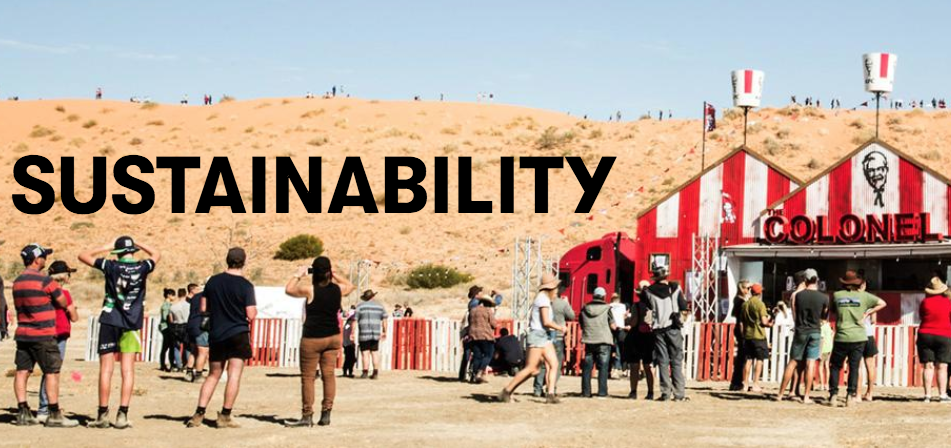Plastic promises are promoting branding blues
As more and more brands make sustainability front and centre of their branding efforts, Debbie O'Connor argues some might not be going far enough.
I’m not a particularly committed ‘greeny’. To be fair, I enjoy washing my hair, wearing deodorant and grabbing my groceries from the store rather than growing it in my self-sustaining garden.
However, I do have a sensible understanding of the damage that plastic is doing to our environment and as such I choose to recycle plastic into a different bin to paper or waste and I take reusable bags along with me when I do my groceries.

As a brand strategist, one of my biggest pet peeves is when a brand promises something, yet does not deliver. KFC is one of the guilty ones.
My kids don’t like the sauce that KFC provides with all of their meal deals. I noticed that charged within the deal are two plastic tubs of sauce at 50 cents each.
Every week when ordering their meal deals, I ask the attendant not to provide sauce. And every week they insist on including it both on the docket, as well as in the order.
Why give us something that we don’t want or requested not to have? I see this as needless waste as the sauce lands up in the bin. To the chagrin of my children I find myself compelled to explain my ‘no sauce’ request every week.
Filling out KFC’s online feedback form doesn’t seem to result in changes either. This is particularly irritating, as KFC has dedicated an entire page on their website to sustainability, yet this simple act of only providing a product when requested appears to miss their radar. I do however like the fact that they use paper bags instead of plastic.

An image from KFC’s sustainability page
Speaking of plastic bags, in July last year Woolworths proudly announced that they would be banning plastic bags in all of their stores. Almost a year later this has still not come to fruition and has only been implemented in a few trial stores.
The date set to ban the bag for Queensland, Western Australia and Victoria is 1 July 2018, with Woolworths promising to do the same in NSW although the state has not committed to this policy.
The interesting thing when reading and listening to press releases related to this promise of a plastic free shopping experience, is that the ban is on ‘free’ single use plastic bags. The language is interesting. Does that mean that if people want to use a plastic bag they still can? They just have to pay for it?
The question then becomes – who profits from the sale of these plastic bags? Because let’s face it, not everyone remembers to take their reusable bags to the shops with them.
Does this mean that while Woolworths and Coles appear to be supporting the ban on plastic bags, they have realised that there is a fair chunk of cash to be made?
Especially when it’s reported by News.com.au that “each year, Woolies’ customers pick up 3.2 billion plastic bags with another few billion taken from Coles stores”. Sustainability is a big strategy in brand positioning at the moment. The challenge for businesses is not just to talk the talk. Action is required.
Take, for example, my local Michel’s Patisserie, which gives a 50c discount on coffee simply because customers bring their own cup. Not only does this support environmental sustainability, but it also secures loyal customers.
BioPak is another impressive brand that is living up to its brand promise “to create packaging solutions that generate positive environmental and social impacts throughout their life cycle”.
Ultimately, it doesn’t matter how big or small the brand, your clients are always watching. If you are going to make a promise, you need to keep it.

Debbie O’Connor is the founder and creative director of branding studio White River Design.




Why on earth are you giving your kids KFC on a weekly basis? And given the point of your article how is a self-sustaining garden a negative?
User ID not verified.